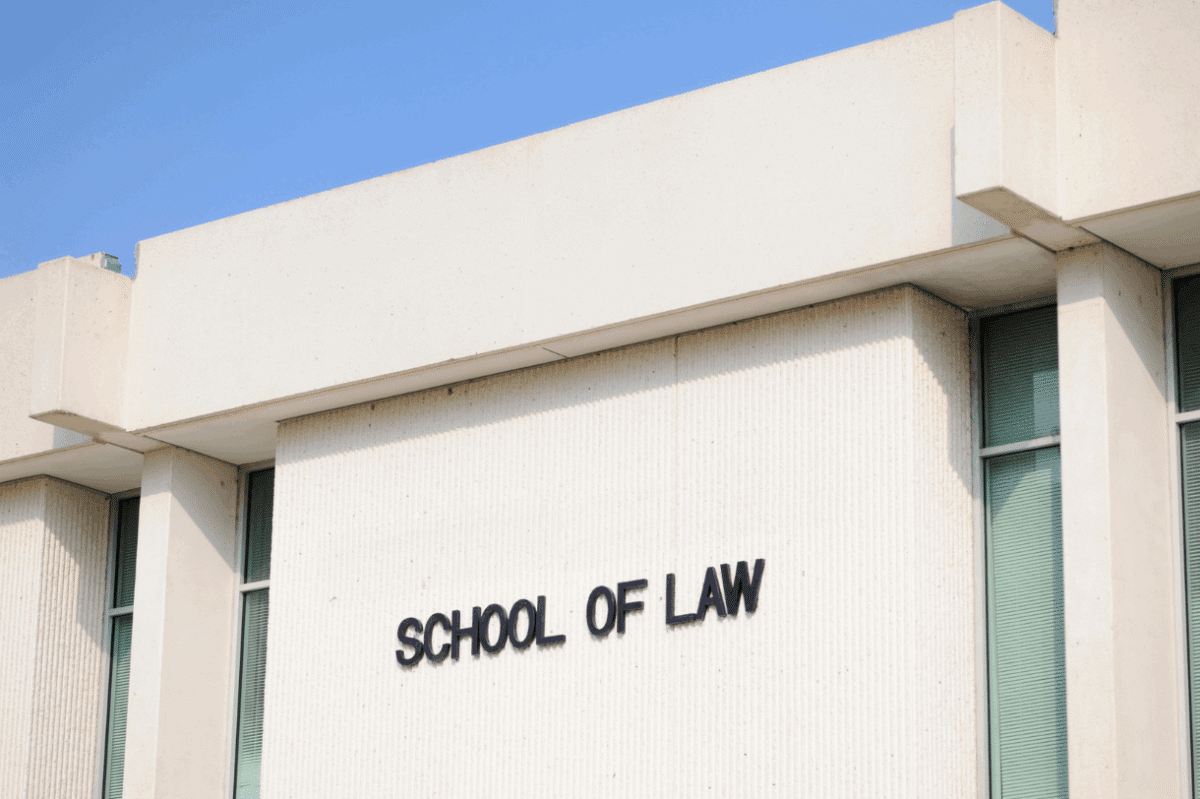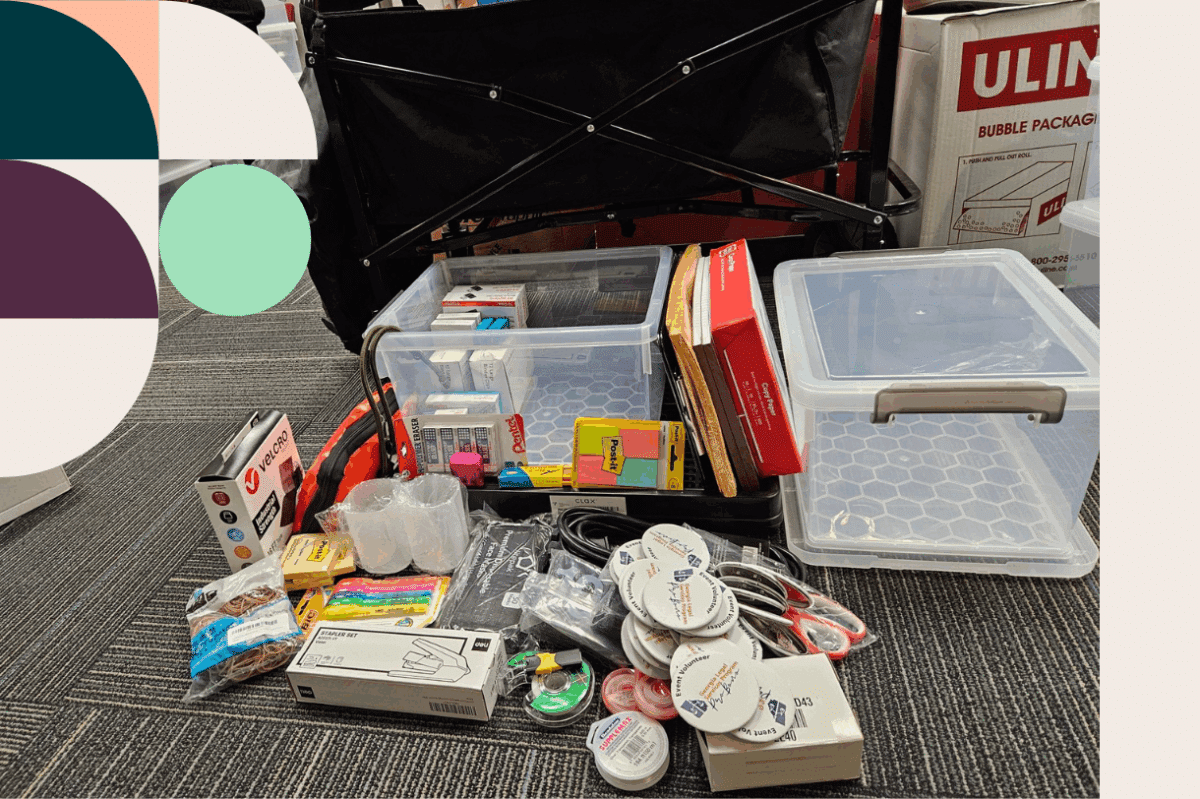Speakers:
- Molly Russell, Pro Bono Supervising Attorney – Legal Aid of West Virginia
- Jennifer Stephens, Director of Clinic – West Virginia University College of Law
One of my favorite sessions at this year’s Equal Justice Conference (EJC 2025) was “Law School and Order: Special Pro Bono Unit.” The speakers — Molly Russell (Legal Aid of West Virginia) and Jennifer Stephens (West Virginia University College of Law) – made the session fun and interesting. I walked away with new learnings on how legal aid organizations and law schools can work together to engage pro bono volunteers to support clinical models through mentorship, education and supervision of law students.
Engaging Pro Bono Attorneys as Supervisors and Mentors
Involving pro bono attorneys in clinical programs is a win-win. For the program, it expands supervisory capacity and brings in valuable real-world expertise. For attorneys, it offers a rewarding way to mentor students and share their knowledge with the next generation of lawyers. Many are also seeking manageable, discrete pro bono opportunities, making student supervision an ideal fit. In this model, attorneys provide oversight and guidance, while students take on the work. Typically, attorneys meet with their student teams once per week. Private attorneys come in as adjunct clinical advisors and are covered under the state insurance policy, as WVU is a Land Grant University.
The Clinical Model: A Crash Course in Empathy and Advocacy
WVU College of Law has a robust Clinical Program with 30-40% of the 3L class participating in some type of clinic. These programs offer students hands-on training to not only gain experience representing clients directly, but also to develop empathy for the life circumstances that have led those clients to seek legal assistance. The clinical program covers a range of areas including family law, basic estate work, immigration and innocence projects.
Jennifer described clinical experiences as a “crash course in empathy and hands-on training” for students. She and Molly shared impactful stories (particularly from domestic violence protective order hearings) that highlighted how essential these real-life experiences are in preparing students not only for the practice of law, but also to become the next generation of pro bono volunteers.
The Domestic Violence Protective Order (DVPO) Docket
One of the most powerful examples of the clinical program in action was the DVPO docket partnership between WVU College of Law and LAWV. Every Thursday, law students represent survivors of domestic violence in hearings, which require supervision by a lawyer. Sometimes supervision is provided by pro bono attorneys, while other times law school professors or legal aid lawyers. There can be as many as three cases per hour and often, law students only meet their client minutes before appearing in front of a judge. It’s high-pressure, emotionally intense work. Jennifer shared that students typically haven’t dealt with situations of trauma and abuse and are shocked by the reality of these stories.
“Alright Council, the witness is yours.” At the beginning of the year, as students begin taking part in hearings, these words can be daunting and cause students to sometimes freeze. Jennifer and Molly discussed the huge growth they see in students who do the hearings regularly and the difference they see in the students from the beginning to the end of the school year.
Pro Bono Spring Break
Spring break can be a great time to pack in multiple clinics and give students meaningful, hands-on experience. Molly shared an example of a Pro Bono Spring Break trip that resulted in three clinics (wills, name changes, and expungements) over just two days in rural West Virginia. The effort was supported by Nelson Mullins, who helped train students ahead of time, sent attorneys and paralegals to supervise and mentor during the clinics, and contributed funding. It’s a great example of how legal aid organizations, law schools, and law firms can team up to make a big impact in a short amount of time.
Tips for Making Clinics Successful
Jennifer and Molly shared case studies from four clinics to highlight what makes them successful – not only in delivering critical services to clients, but also in offering meaningful learning experiences for students and pro bono opportunities for lawyers.
- Focus on a Specific Legal Need: WVU has clinics for Bankruptcy, Expungement, Future Planning, and Name Change.
- Partner with Other Organizations + Provide Training: In the Bankruptcy Clinic, WVU College of Law partnered with the West Virginia Bankruptcy Bar to bring subject matter expertise to the program. The Bar provided pre-clinic training, helped students understand different types of bankruptcies and how to determine the best fit for each situation, and supported students during phone screenings.
- Leverage Technology: In the Future Planning (Wills) Clinic, guided interview software was used to streamline the will-drafting process for both students and attorneys. This example illustrates how well-designed technology can increase capacity and build confidence in unfamiliar areas of practice.
Getting Started: Involving Pro Bono Attorneys in Clinics
For law schools and legal aid organizations looking to involve pro bono attorneys, the speakers’ advice was simple: start small. A focused clinic, like a wills clinic, is a great entry point. These clinics allow students to interview clients and complete forms, while attorneys provide oversight and mentorship.
Pro bono attorneys enjoy working with students, especially when the cases are discrete and the time commitment is manageable. Starting with a small, well-structured clinic helps demonstrate that the partnership works and builds momentum for future collaboration.




